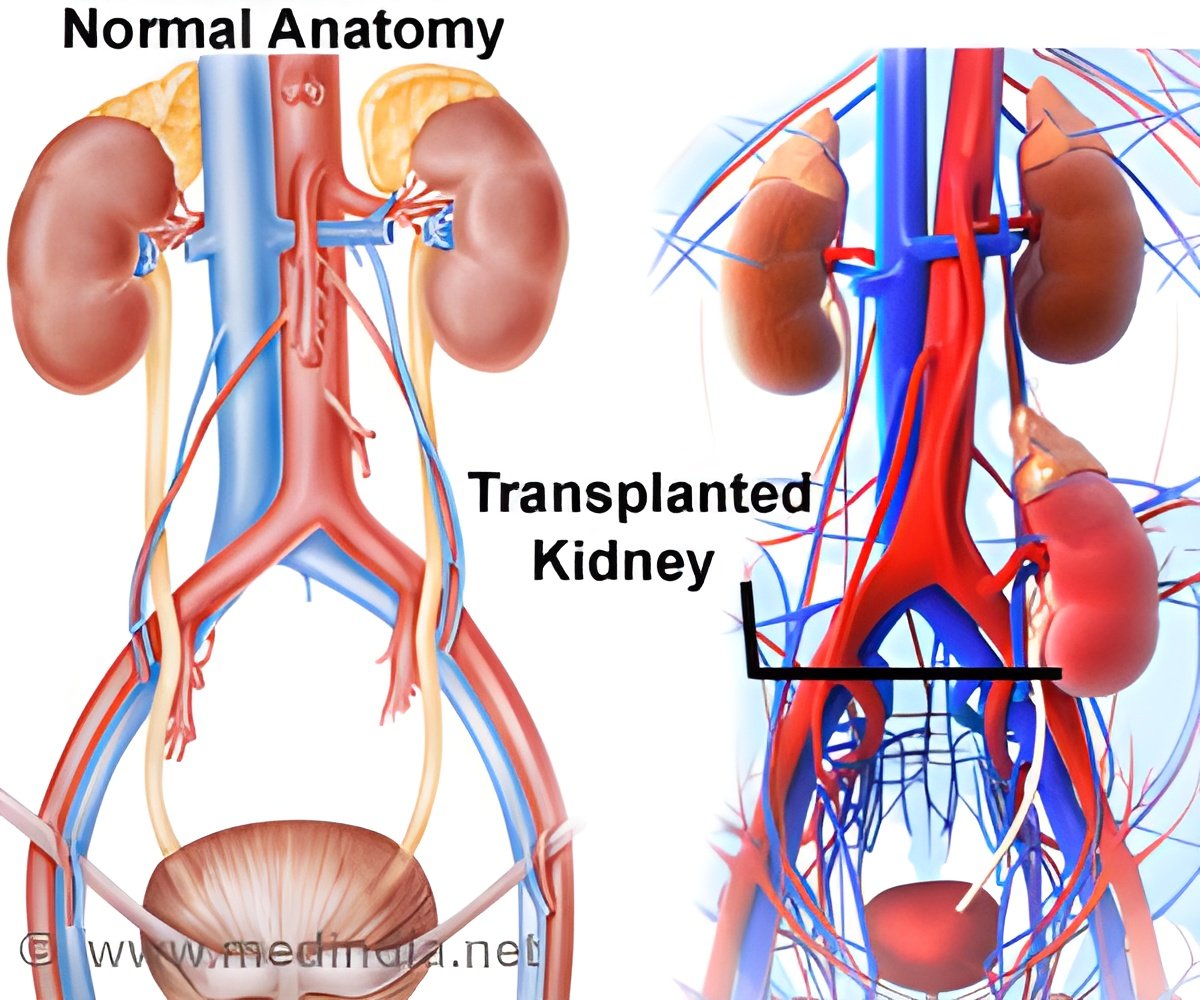Obese patients previously considered 'ineligible' for transplant. New study concluded that they are safe.

‘Advances in surgical care like enhanced proficiency and acceptance of robotic surgery are making kidney transplants a safe approach for obese people.’
Read More..




"But advances in surgical care, including increasing proficiency and acceptance of robotic surgery, are making kidney transplants a safe option for more people."Read More..
Spaggiari said that robotic surgery helps to ameliorate adverse surgical events associated with obesity in open transplants, achieving a dramatic reduction of the risk of post-surgery wound infections, a critical factor in long-term success of the transplant.
In 2009, surgeons at UI Health, UIC's hospital and clinical health network, were among the first to offer robotic kidney transplants to patients with obesity.
"Our surgical program is focused on advancing care for everyone, including members of vulnerable communities who experience increased rates of various comorbidities, including obesity," said Dr. Enrico Benedetti, professor and Warren H. Cole Chair of Surgery. "Ten years of transplant experience shows us that obesity does not have to be a disqualifying factor in kidney transplants."
In the study, Spaggiari and Benedetti report one- and three-year patient survival rates of 98% and 95%, respectively, among patients with obesity. Only 17 of 239 patients (7.1%) developed graft failures and returned to dialysis, resulting in 93% three-year kidney graft survival.
Advertisement
Wound complications occurred in only nine patients (3.8%) and a surgical site infection occurred in only one patient (0.4%). While 88 patients (37.2%) were readmitted to the hospital within 30 days, only 10 (4.2%) of these readmissions were due to surgical complications.
Advertisement
"To our knowledge, this is the largest cohort to date of robotic kidney transplants and these findings tell us that kidney transplantation is a viable option for many people with obesity," Benedetti said.
"The patients who received transplants spent more than three-and-a-half years on dialysis before undergoing surgery, and that is just the median number," Spaggiari said.
"Without surgery, these people would have had no choice but to remain on dialysis -- which can itself be a barrier to achieving an 'ideal' weight for transplant -- and accept the limitations it places on their quality of life. With surgery, they can get back to normal life, which is most important. They can also have increased chances of achieving other health-promoting behaviors, like exercise or weight loss."
Source-Eurekalert












